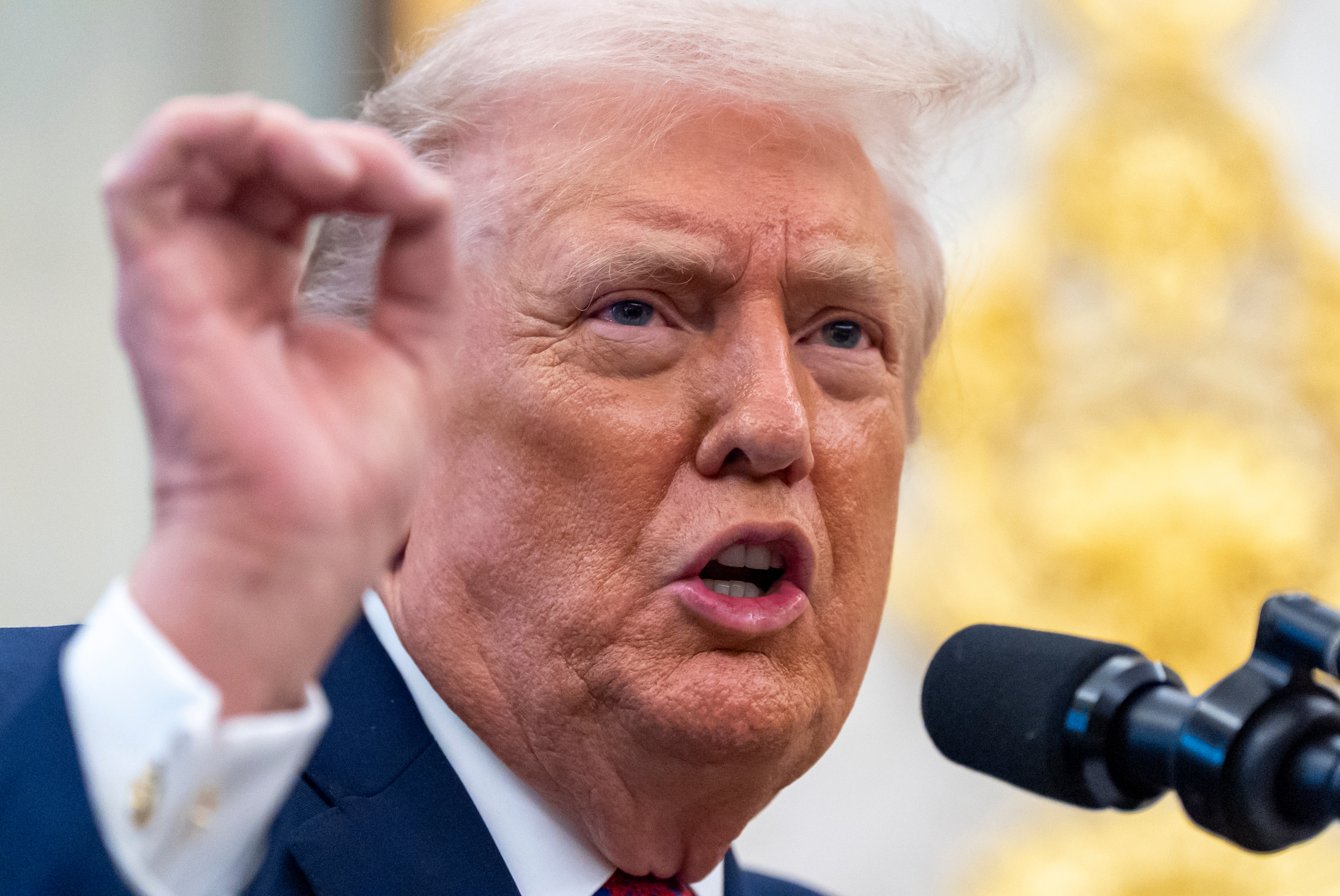Last month, Russia was able to carve up its neighbor with hardly a whiff of opposition at home.
Which perhaps had something to do with state-run media unwilling and virtually unable to challenge President Putin. Instead, they've portrayed the Ukrainian opposition as fascists and Nazis and denied the presence of Russian troops — despite evidence to the contrary. (Via The Voice of Russia, Pravda, RT)
"Further stoking tensions around Ukraine — the Western media has been flooded with reports going as far as suggesting the Russian army is invading Ukraine." (Via RT)
And that's how, some Western observers say, the Kremlin has justified to its citizens intervention in Ukraine. Not that it needed to.
A recent Russian poll found more than 50 percent of respondents were OK with the media distorting facts when it was in the interests of the state. Seventy percent were OK with the media holding back information.
This isn't entirely surprising. Putin has been cracking down on what's left of Russia's independent media for some time. (Via ITN)
Back in December, he unexpectedly liquidated the state-owned, though somewhat independent, news agency RIA Novosti.
And put anchor Dmitry Kiselyov in charge. He's known for his anti-West and ant-gay rhetoric, and British paper The Economist dubbed him "Russia's chief propagandist." (Via Rossiya 1)
Kiselyov's the one who recently boasted Russia could still turn the U.S. into "radioactive dust." (Via The New York Times)
Then just before the Winter Olympics, cable networks suddenly dropped Russia's last independent TV channel — the only channel where scripts and video weren't subject to Kremlin review. (Via TVrain)
Not long after, Russian media regulators replaced the longtime editor-in-chief of independent online paper Lenta.ru with a pro-Kremlin editor. This, after the former editor ran a story featuring the leader of a Ukrainian ultra-nationalist group. (Via The Moscow Times)
As she told USA Today: "This isn't just media pressure, it's a mop-up operation."
Last week alone, several independent media outlets were reportedly sanctioned when their narratives did not match the state's talking points.
A writer for The Guardian explains what's going on. "By shutting down independent press, Russia controls more of the story; by spreading half-truths and rumors, the Kremlin not only confuses opponents but also sows unwitting support for its cause."
Russian officials have, in turn, accused the West of promoting its own propaganda. They've also pointed to what they say is a double standard — noting Ukraine has blocked Russian TV in parts of the country and hasn't received the same criticism.










